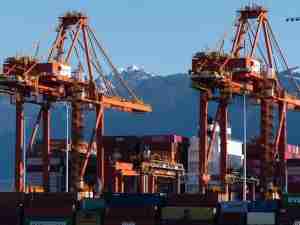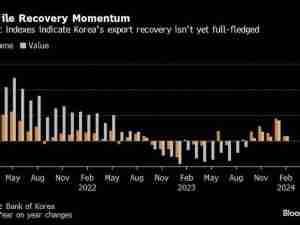Pakistan downgraded diplomatic relations and suspended bilateral trade with India after New Delhi revoked seven decades of autonomy for the disputed Muslim-majority state of Kashmir.
Prime Minister Imran Khan’s government announced Wednesday a series of measures to oppose what it called “unilateral and illegal actions” by India. He also said Pakistan will take the matter to the United Nations Security Council and ensure the army remains vigilant. India’s foreign ministry didn’t respond to a request for comment.
There may be relatively little at stake commercially: Bilateral trade between the two countries amounted to about $2.5 billion in 2018, roughly 3% of Pakistan’s total trade and about 0.3% that of India.
Politically and strategically, however, every escalation is serious. Prime Minister Narendra Modi’s decision on Kashmir fulfilled a campaign promise made to his Hindu base, which opposed special treatment for the region. The state, officially known as Jammu and Kashmir, has been the main flashpoint between the two nuclear powers, which have fought three wars since the British left the subcontinent in 1947.
“Pakistan’s move is wholly expected,” said Michael Kugelman, deputy director of the Asia Program at the Washington-based Wilson Center. “Despite its bluster, Islamabad has limited true retaliatory options,” he said. “There’s no way it can get India’s decision to be reversed, and it’s not about to send troops into Kashmir, and so naturally it will take the few risk-free punitive steps at its disposal.”
Relations between the nations have been strained since February, when a suicide bombing in Kashmir killed 40 Indian paramilitary troops. There was an exchange of airstrikes following that attack.
Kashmir, in the Himalayas, has been divided between India and Pakistan since independence, and is claimed in full by both. Two of the nations’ three wars were fought over the territory. While artillery and small-arms exchanges across the disputed border have been common, the airstrikes marked an escalation not seen in decades.
India accuses Pakistan of supporting armed extremists in Kashmir, its only Muslim-dominated state. Pakistan denies the charges and says it offers only moral support to separatists.
India would have factored in a response when it made the move to revoke autonomy for Kashmir, and probably won’t be overly alarmed by Pakistan’s reaction, said Harsh Pant, professor of international relations at King’s College London.
“Pakistan is desperate to bring the international community into this discussion,” he said. “It is hoping that by raising the stakes it would be able to force others to respond.








